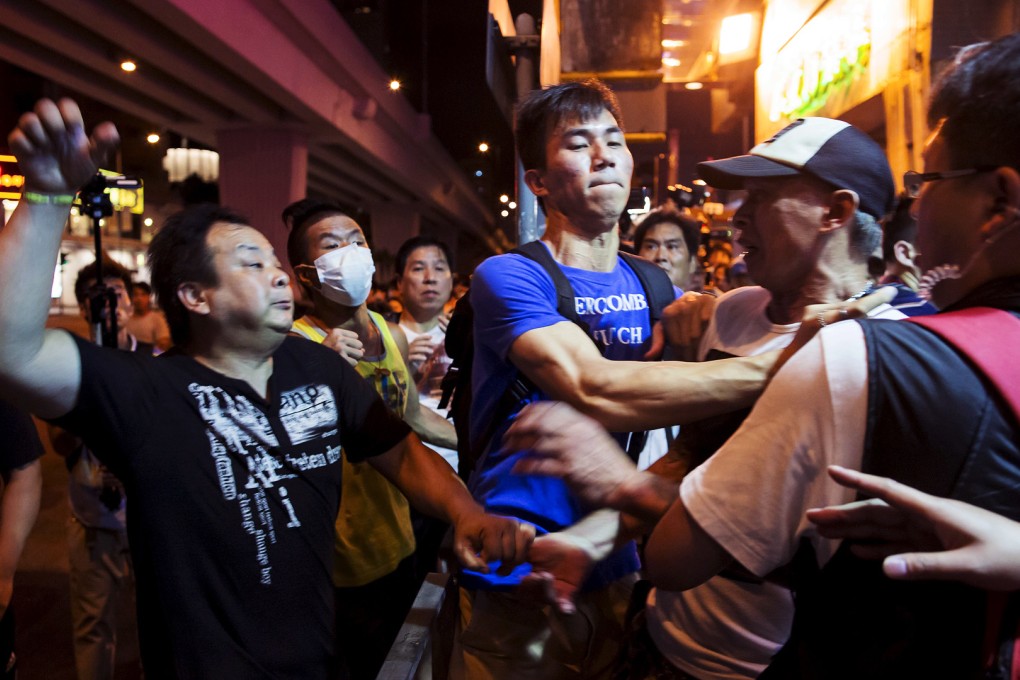
The mushrooming of groups advocating for "localism" in Hong Kong has caused disquiet in recent years. While many such groups remain little known to the wider community, some have gone from being vocal to confrontational, as evidenced by frequent clashes during protests and demonstrations. Concerns are growing that their actions may escalate and jeopardise public safety.
A case in point is an alleged bomb plot involving a pro-independence group. Discovered by the police just days ahead of the Legislative Council vote on the electoral reform package, the incident has understandably shocked the city. The six defendants, aged 21 to 34, have been charged with "conspiracy to cause an explosion, or making or keeping explosive with intent to endanger life or property". Some of them are said to be members of the National Independent Party, set up in January to promote Hong Kong and Taiwan independence. Investigations are still ongoing.
It is for the courts to determine whether laws have been broken. But judgment by the public is less evidence-based. It would not be surprising if many people associate localism with violence.
The perception of Hong Kong youth becoming more radical owes much to the use of confrontational tactics in an increasingly charged political landscape. From burning copies of the Basic Law during the June 4 commemoration to clashing with the police during last year's Occupy protests; from storming shopping malls frequented by mainland visitors to protesting against schools for admitting cross-border children; and from booing the national anthem at soccer matches to waving colonial flags at rallies, these localism groups do not shy away from defending what they see as Hong Kong's identity and core values, sometimes even at the expense of the rule of law.
Arguably, there is nothing wrong with promoting local culture and identity. But it is different when such advocacy turns into aggression and violence. Such behaviour is clearly not endorsed by the public.
It should be noted that not all localism groups embrace radicalism. Those that take things to the extremes remain in the minority. But localism is having an increasing appeal to a new generation that is more politically conscious and active. It is becoming a new force outside the mainstream pan-democratic and pro-Beijing camps. It would be worrying if more groups try to advance their cause with radical actions.